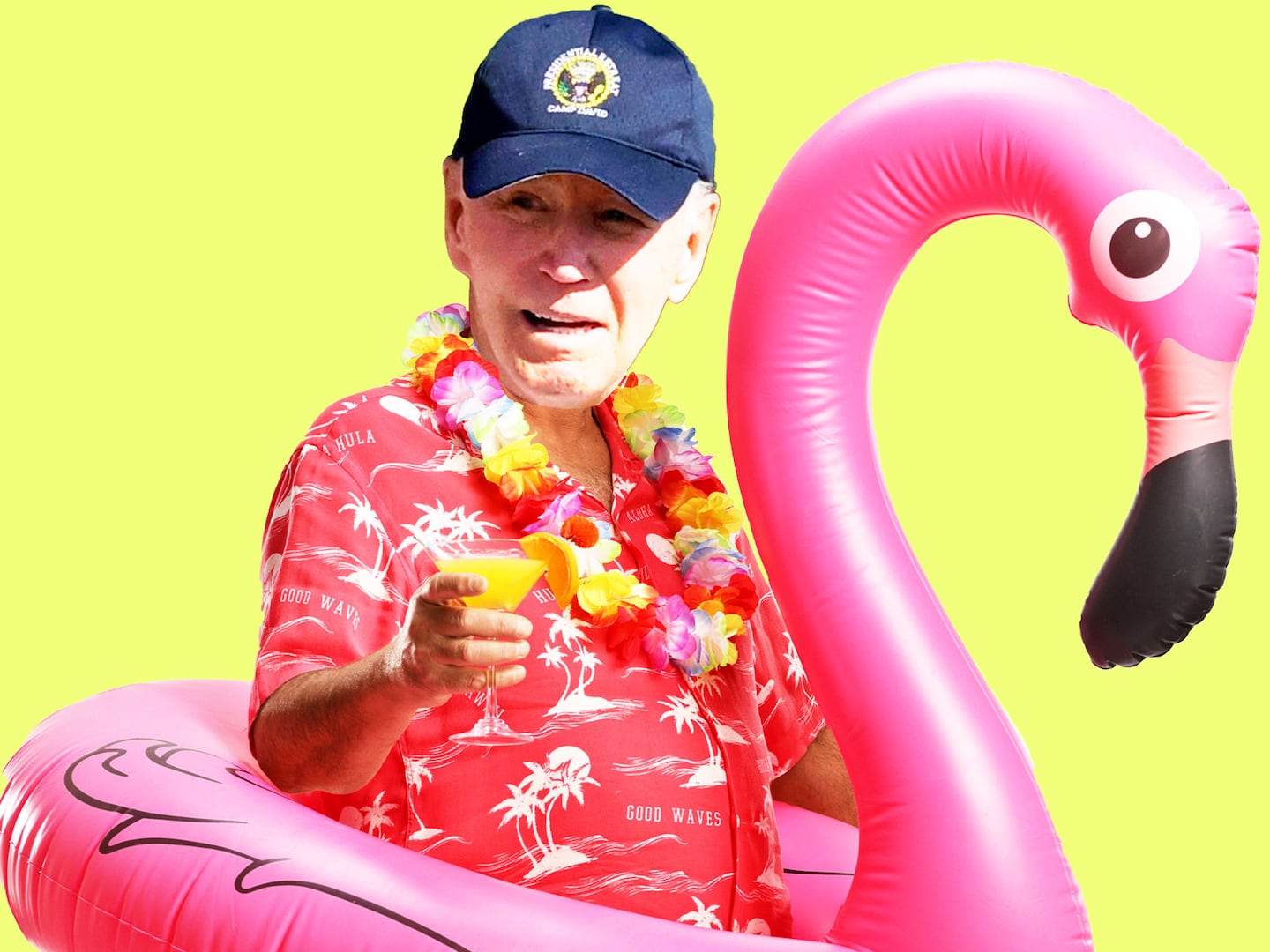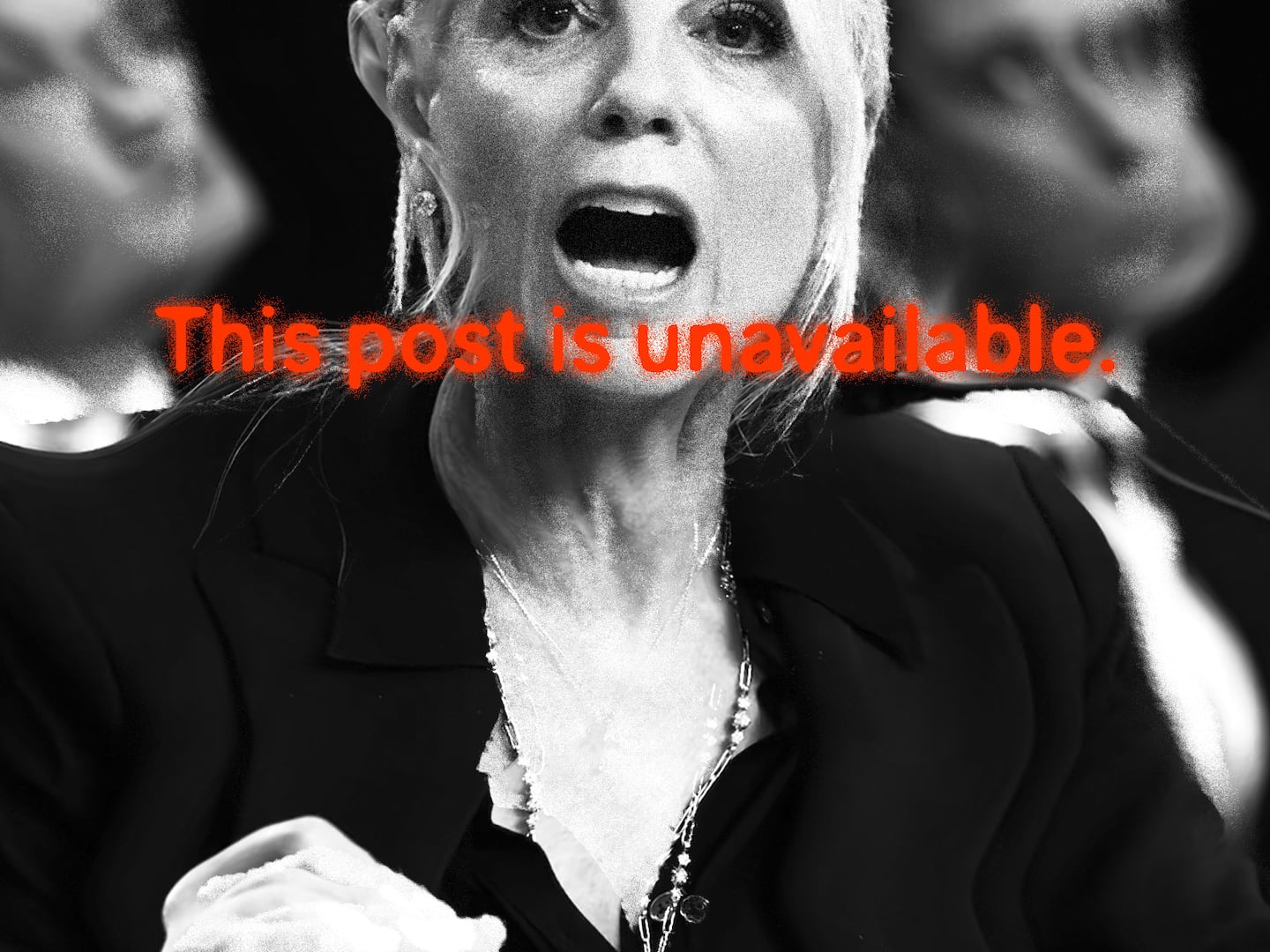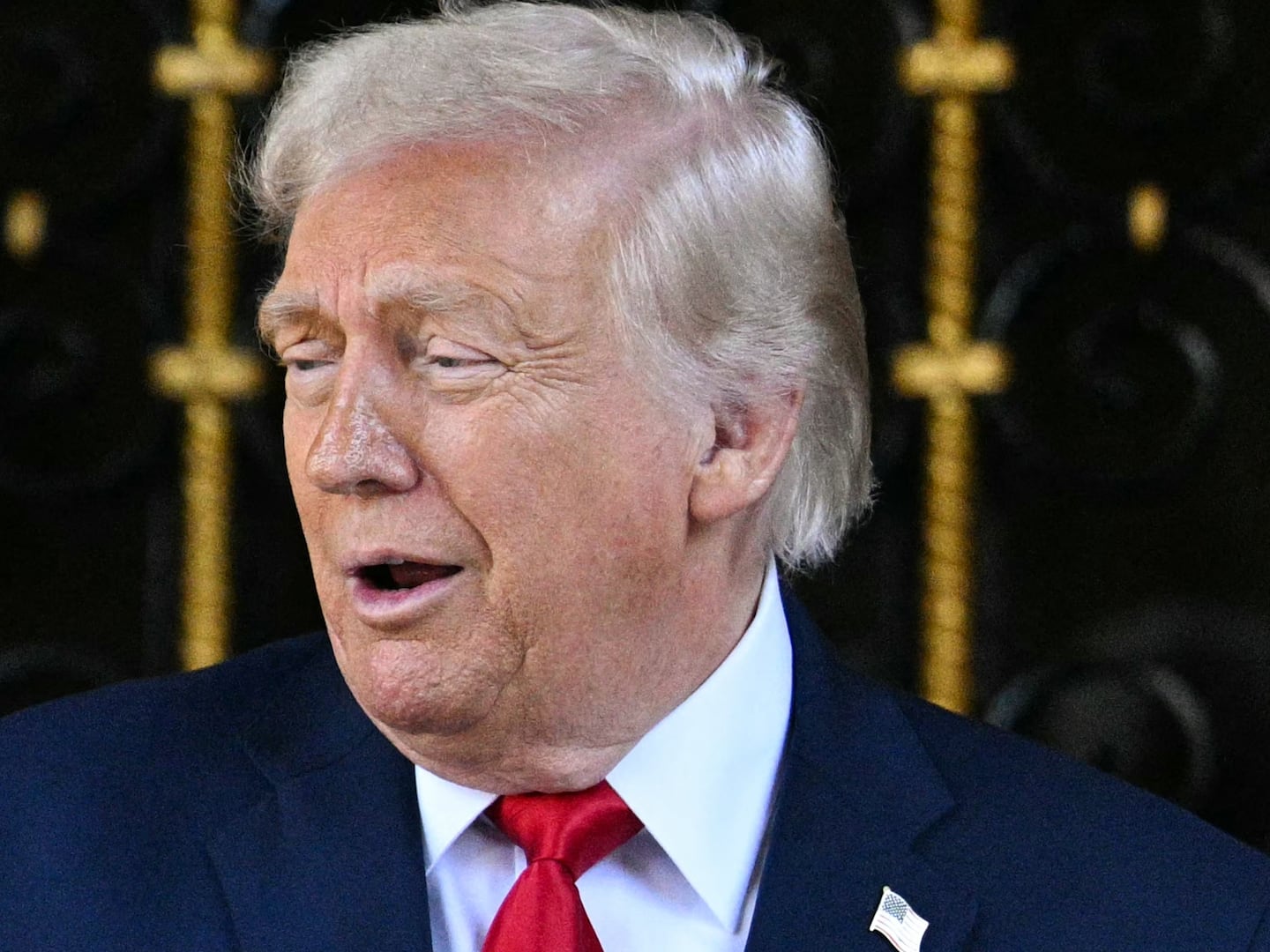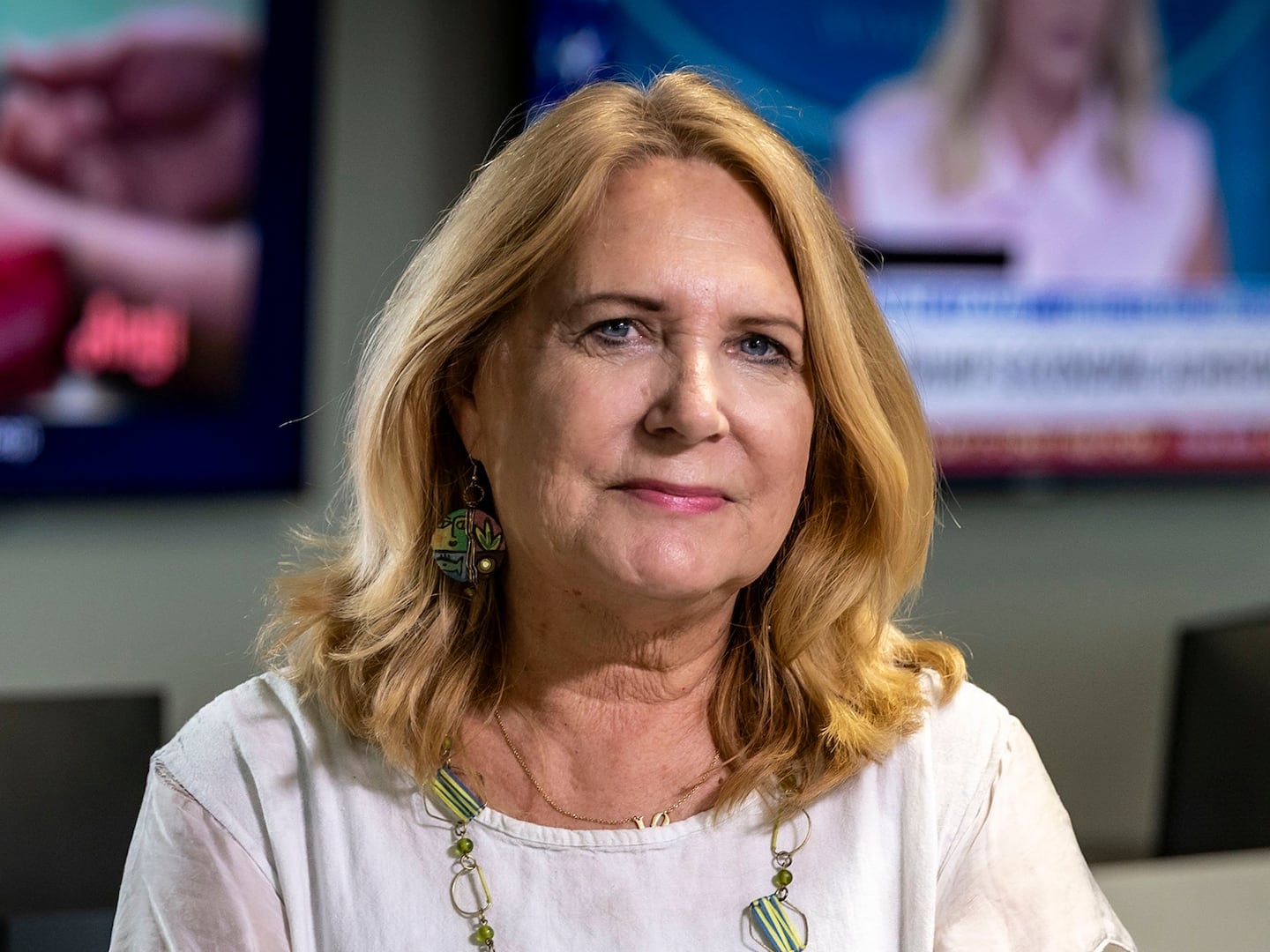SAN JUAN, Puerto Rico — Mayor Carmen Yulin Cruz said after a week without electricity, patients’ lives are in danger.
"My concern right now is with those that we might not get to in time. Yesterday, we walked two people into a hospital. One of them had not had dialysis in six days so he was already, you know, right in the edge of life," Cruz said while choking back tears at the Luis Muñoz Marin Airport where she was unpacking cargo sent from Chicago.
"The other one had an oxygen tank and the little power plant that they had was running off. We really found her gasping for air," she added.
Centro Médico, Puerto Rico's main medical center, has been on and off the grid since Hurricane Maria struck last Wednesday. Officials earlier this week celebrated the restoration of the hospital’s electricity, but on Tuesday morning generators were buzzing through the hallways again.
Centro Médico’s nursing director said gasoline shortages are compounding the hospital’s problem because staff can’t report to work while patients flock to the hospital.
“I have more than 100 people in the emergency room. The problem is that we are receiving lots of patients because other hospitals can't. It's something unprecedented, but we will get through it,” Gomez said.
Arturo Cedeño, medical director of Aguadilla's Good Samaritan Hospital, claimed authorities have not kept their promises made to hospital employees that they would get priority in obtaining gasoline. Gov. Ricardo Rosselló said Puerto Rico has enough fuel, but the problem is distributing across the island over impassable roads. Pump gas lines are still crowded and people are willing to wait four hours for $25 worth of gas.
Meanwhile, Good Samaritan is running out of medicine.
“Some drugs are beginning to become scarce,” Cedeño, the medical director, told a local newspaper.
Puerto Rico’s Secretary of Health Rafael Rodriguez temporarily authorized drug refills without a new prescription.
But most pharmacies do not have power to access systems, as Awilda López found out.
“I’m paying my mother's medicine cash but I'm running out of money,” López said.
Secretary Mercado told The Daily Beast that he was aware of all the queries, but the total loss of communications on the island is hampering efforts.
“Having no communications with the hospitals is something I can't cope with right now,” he confessed, likening the task ahead to a military mission.
Even National Guard forces couldn’t reliably communicate.
“This has without a doubt been the worst disaster that has ever happened on U.S. soil,” he said, adding that a study after the hurricane study revealed that 80 percent of the hospitals in the island reside in flooded zones.
“What worries me right now is that all of the the hospitals that are in Arecibo have been closed,” he said of Puerto Rico’s biggest municipality that typically serves about 600 patients a day.
Most patients in emergency rooms have minor health problems, Mercado said.
FEMA Director Brock Long said Tuesday afternoon that the USNS Comfort, a hospital ship capable of carrying more than 1,000 medical personnel, has been deployed.
Back in San Juan along the normally bustling Isla Verde avenue, it was disturbingly quiet.
Locals and tourists poked into dark windows along the street dotted with restaurants and five-star hotels. A line of people were waiting outside to a supermarket and were being let in one by one. It wasn’t long before fast food restaurants and gas stations all closed. By 10 a.m., even the popular Smoke Shop was pulling the metal blinds shut.
“My boss told me to close and didn’t know when he would reopen,” store manager Alejandra Zayas said, adding, “the street is bad.”
Daniel Lopez, a tourist from Spain, said his family had run out of cash and were holed up at a friend’s apartment with broken windows.
“I went to the Spanish Consulate for help,” Lopez said. “The building was empty. The security guard told me the consulate just split and had no intention of returning.”
All five-star hotels were off limits, blocked by heavily armed guards at the gates. Owners have rented them out to the relief agencies. Even membership access to use the internet was denied.
“The manager ordered the hotel closed to anyone other than the FEMA people living here,” a guard at the Intercontinental said.
At a no-frills hotel at the end of Avenida Isla Verde, Gaetano and his friends complained of price gouging.
Ya nos se puede, todo a aumentado, no se odemos continuar! Ladrones! they said in Spanish. “We can’t take it much more, prices are going through the roof, we can’t continue. Thieves!”
Inside the hotel, the lobby was teeming with desperate foreign tourists exchanging information on what flights were leaving.
“We have no cash left,” said Orly, who along with his mother and friend were stranded by the hurricane. “I finally got my mother on a plane this morning.”
At the only ATM still open on Avenida Isla Verde, residents waited three hours in line.






